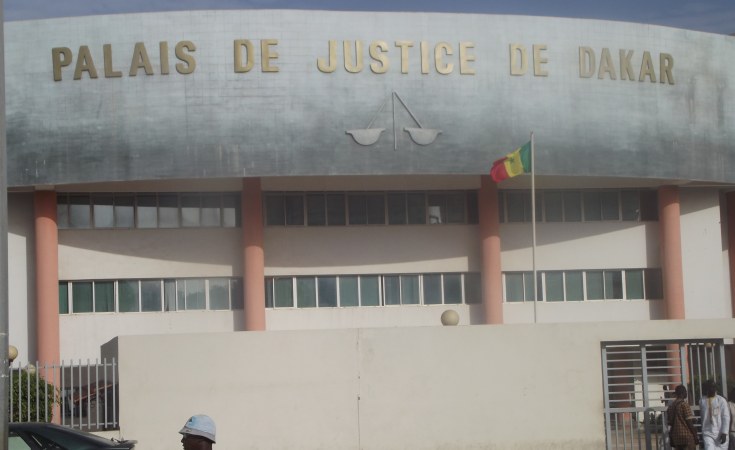The special court that will try former Chadian President Hissene Habré was officially inaugurated on Friday in Dakar.
"We are gathered this morning to announce before the world, having assigned judges and prosecutors to the special court, the launch of this tribunal," said Cire Aly Ba, the court administrator.
Hissene Habre stands accused of committing torture and crimes against humanity while he was president of Chad from 1982 to 1990 when he was deposed.
"The judiciary phase will begin with a fact-finding mission," said Mbacké Fall, the attorney general of the special court overseeing the proceedings. "The primary sources of intelligence are Chad, where the events took place, and Belgium, which has already begun to investigate the accusations... If, when privy to all relevant information, our fact-finding mission discovers serious breaches of international law, we will submit a preliminary indictment to the special court detailing the specific crimes."
The European Union's chief delegate to Senegal, Dominique Dellicour, lauded the the African Union and Senegal for establishing the special court.
"For the past three or four years the EU has been working with the AU and Senegal to make sure this trial takes place," she said. "We have contributed substantial financial resources ... There was a long waiting period. And it took the willpower of the president to make it happen."
Many international observers criticized former president Abdoulaye Wade for stalling the process.
Assane Dioma Ndiaye, the lawyer representing the victims, attended the proceedings. "Today is important because it marks the start of the process, but we're still waiting for an indictment," he said.
He said the trial would help victims and their families heal. "It will help exorcise some of their demons," Ndiaye said. "The victims want to know the truth. Why such cruelty? This knowledge is not only necessary for the mourning of those who suffered and the families of the disappeared, but also for the future generations so they can know what happened during this period."
Among the victims present on Friday was Sata Gaye whose brother died in a Chadian prison during Habré's regime.
"He was arrested, supposedly for spying," she said quietly. "He was arrested with his friend and he died in prison three months after... His death certificate said he had severe dysentery and advanced anemia which shows, at the very least, neglect by the prison."
Gaye, her eyes tearing, said she was there for her mother and father. "He is their only son, my only brother. All our hopes died with him."


